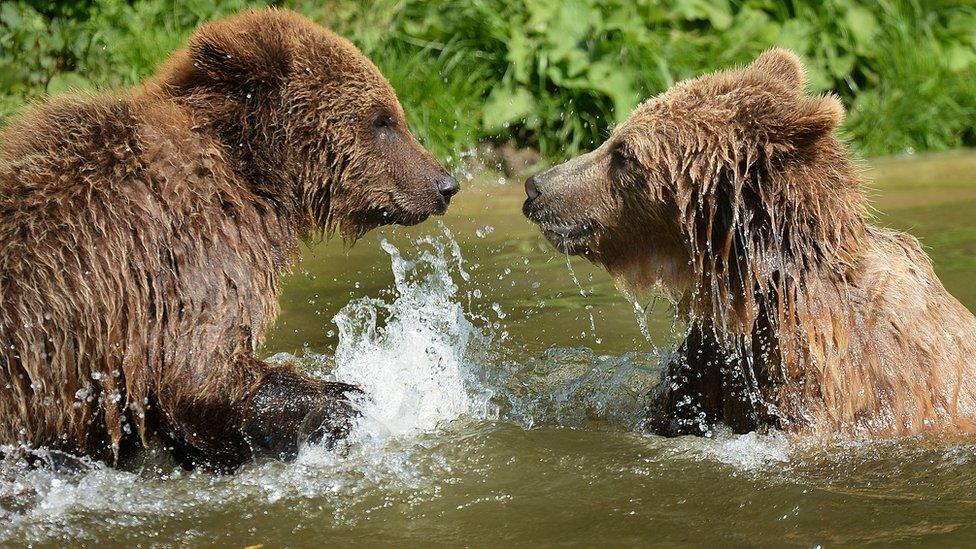How do zoos get over star animal deaths?
- Published
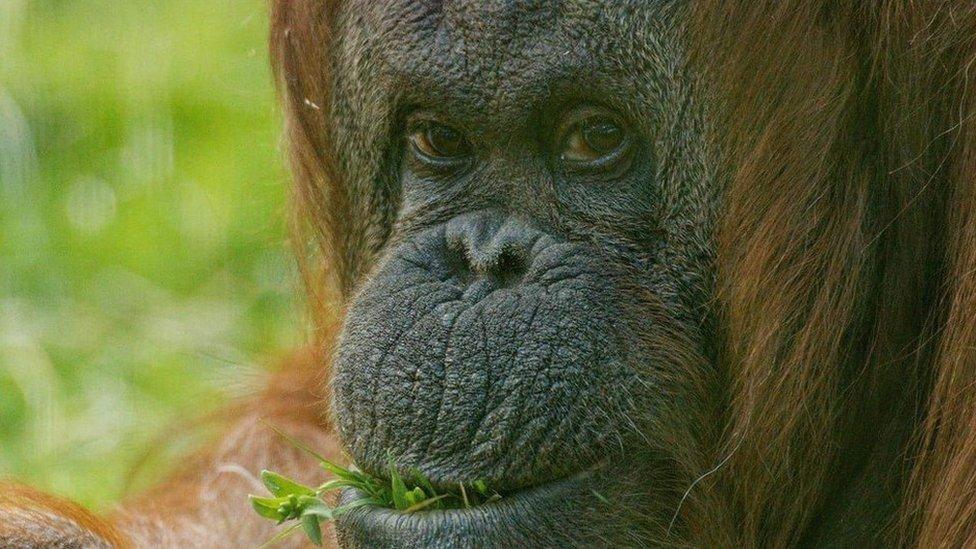
Kibriah was born at Twycross Zoo in 1977
Public opinion on zoos is mixed but their supporters argue they play a vital role in conserving vulnerable species, with keepers saying they develop a close bond with the animals. So how does the death of a long-time resident affect a zoo, its animals and its staff?
Last year was a sad time for the staff of Twycross Zoo.
In September, the Leicestershire zoo announced its Bornean orangutan Kibriah - who was born at the site in 1977 - had died.
The zoo said the fact Kibriah had had four babies - including two that remained at the zoo - had played a key part in efforts to safeguard the endangered species.
The following month the zoo lost another big character - Noddy the chimpanzee.
The 50-year-old mother of three had arrived at Twycross in 1973, aged two, and was one of the first chimps at the zoo, which is now renowned as a World Primate Centre.
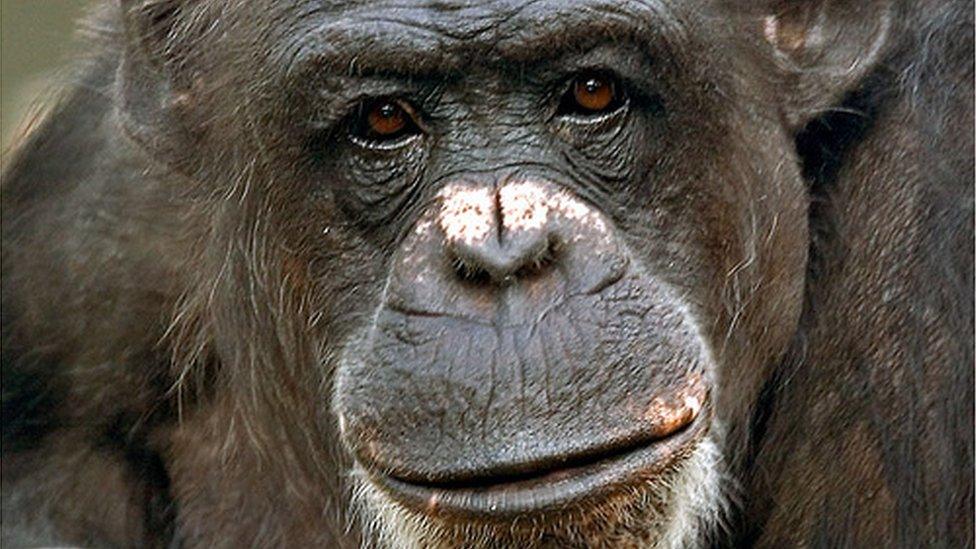
Noddy was one of the first chimpanzees at Twycross Zoo
A zoo spokesperson said: "Noddy was one of the very first Twycross Zoo chimps and she will be missed dearly by our staff and visitors.
"She was an important part of the European breeding programme."
Losing such a key character leaves a huge impact on zoos, as keeper Ang Matthews attests.
Ang is the head keeper at Colchester Zoo, in Essex, which last summer said goodbye to Igor, its 16-year-old Amur tiger.
At the time the zoo said the loss had "left big pawprints on our hearts".
Igor was sent to Colchester from Vienna Zoo when he was a year old and went on to father three cubs in 2019.
He was put to sleep after vets found an inoperable tumour on his head.
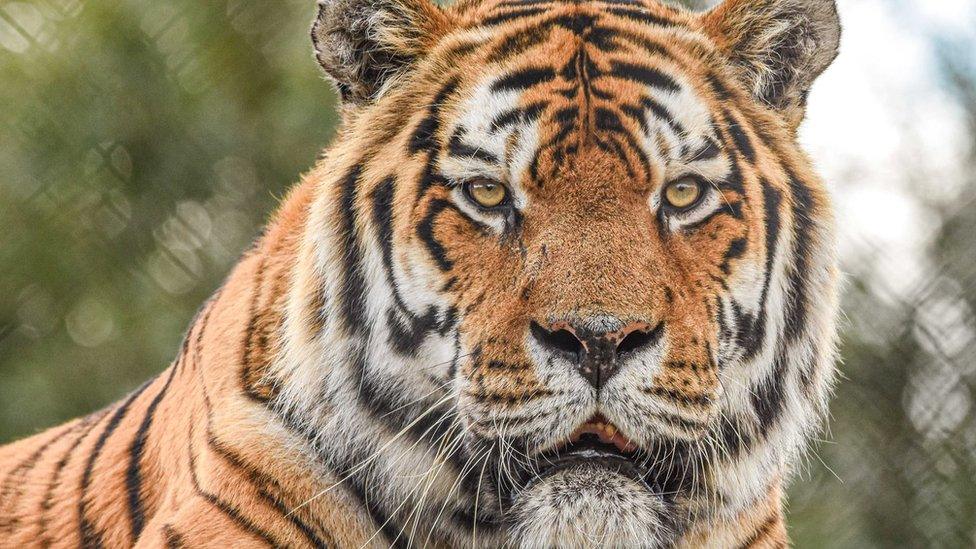
Igor the Amur tiger died at Colchester Zoo after he was found to have an inoperable tumour
Ang Matthews said the zoo had really felt the loss.
"The animals become part of our family, so it's hard to come into work and not see those characters," she said.
"As the days go on, you focus on the job at hand but little things will remind you of him.
"Visitors to the zoo still mention Igor, asking how his enclosure mates are getting on without him."
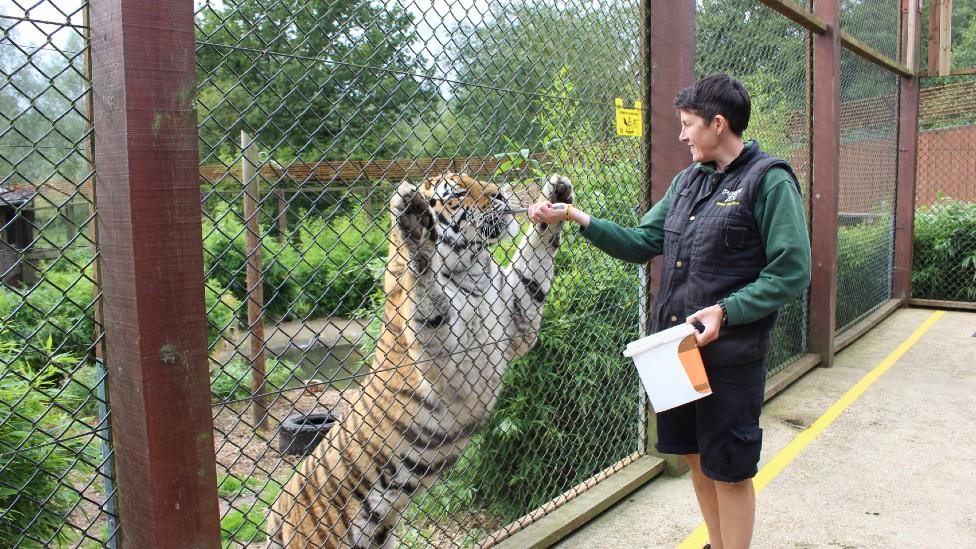
Ang Matthews said the other animals had become accustomed to a routine without Igor
She said the other animals had, in fact, coped well since Igor's passing.
"We were most worried about Anoushka as she was his long-term enclosure mate," she said.
"But Anoushka seems happy to have the bed to herself these days."
Two of Igor's sons - Mischa and Pasha - left the zoo on 15 December to go to Port Lympne Safari Park in Kent.
"Mischa in particular was just like Igor, and while it's sad to see these two leave the collection, it's the best move for them," said Ang.
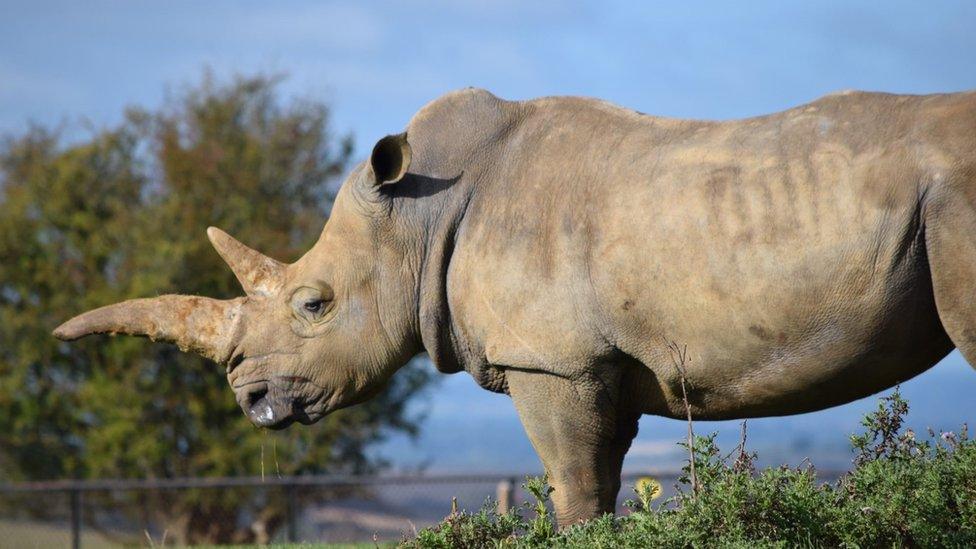
Matthew Webb said there were no significant changes to the other rhinos' behaviour after Clara died
Clara, a 40-year-old southern white rhino was put to sleep by vets at ZSL Whipsnade Zoo in Dunstable, Bedfordshire, in November.
Matthew Webb, an animal manager at the zoo, said she was missed by many at the zoo, including her herd.
"Rhinos are a social species so I'm sure they do notice she's gone and miss her," he said.
"When an animal dies, one of our first priorities is to ensure that the remaining group of animals - in this case, Clara's herd of southern white rhinos - are content and doing well.
"Often that means our keepers giving that group of animals a bit of extra attention.
"After Clara died, thankfully, there were no significant changes to the other rhinos' behaviour."
He said the loss had been tough on the keepers at the zoo who knew Clara best.
"It's natural to feel a sense of loss when you lose an animal that has been a big part of your day for, maybe years, and who you have been working so hard to care for," he said.
"Plus, with many of our animals, they have big personalities, and so you are not just losing, for example, 'a rhino you care for', you are losing Clara - an individual that you have learned so much about."
Clara has left a legacy of calves that have grown and gone to other zoos around Europe to breed further.
Her body has also been used to help learn more about her species.
Mr Webb said: "After she died, over 70 different tissue samples were taken from Clara, including a bio-bank of live cells, designed to help protect the species against future extinction.
"So while it is very sad for all of us that Clara's gone, it is some comfort that she will be a part of the fight to protect wild southern white rhinos for years to come."

Follow BBC East Midlands on Facebook, external, on Twitter, external, or on Instagram, external. Send your story ideas to eastmidsnews@bbc.co.uk, external.
- Published24 September 2021
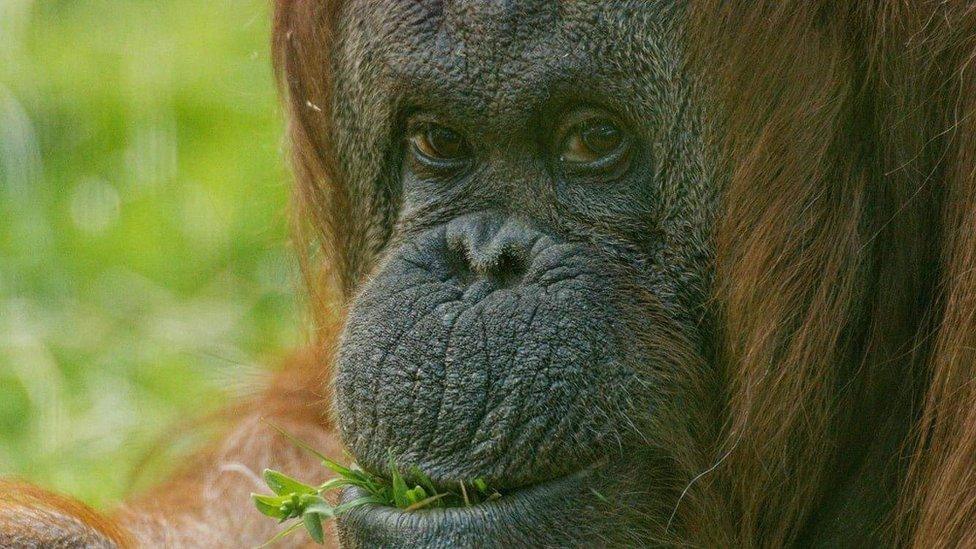
- Published12 October 2021

- Published26 August 2021

- Published21 May 2021
